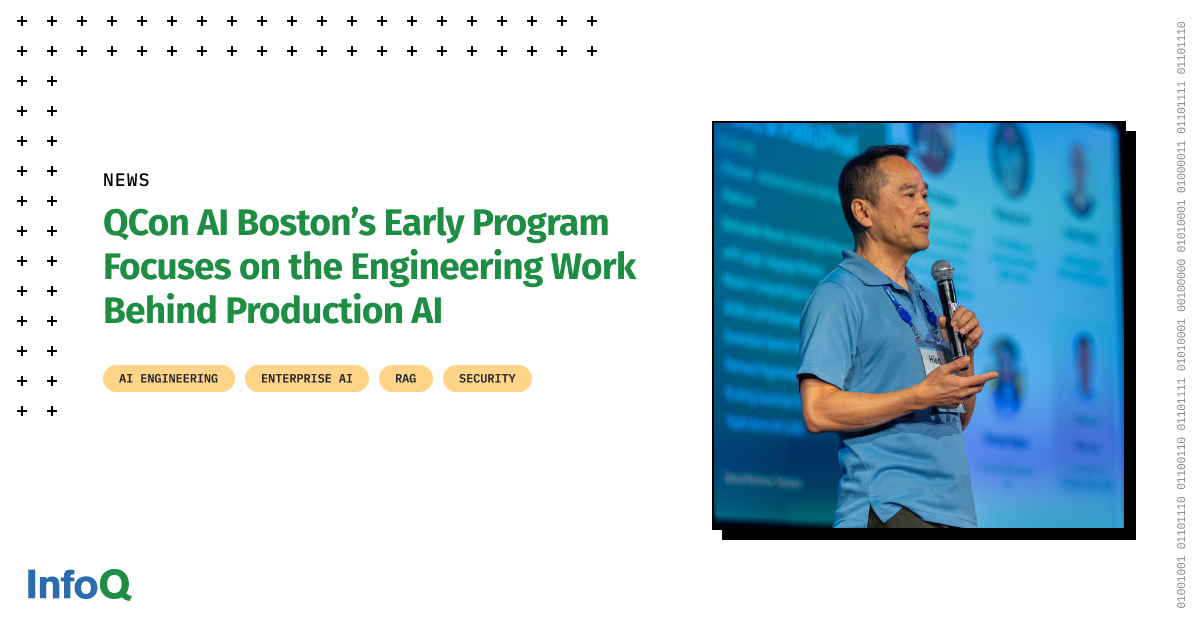Codetown
Codetown ::: a software developer's community
Coroutine-First Android Architecture w/ Rick Busarow
Chicago Kotlin User Group x Android Listeners
Hosted at GrubHub, July 17
Coroutines are the new hot stuff, and right now they’re being added to lots of libraries. But what if you don’t want to use an alpha01 in production code? What can coroutines do on their own, right now? In this talk, we’ll discuss the power behind structured concurrency and how we can use it to make our entire stack lifecycle-aware. We’ll look at examples of how to turn any callback or long-running code into a coroutine, and we’ll go over when and how to use Channels to handle hot streams of data without leaking. Finally, and most importantly, we’ll see how we can use these tools to inform our application architecture, so that we can quickly write maintainable and testable features. Thanks to GrubHub for hosting!
Tags:
Replies to This Discussion
Notes
Welcome to Codetown!
 Codetown is a social network. It's got blogs, forums, groups, personal pages and more! You might think of Codetown as a funky camper van with lots of compartments for your stuff and a great multimedia system, too! Best of all, Codetown has room for all of your friends.
Codetown is a social network. It's got blogs, forums, groups, personal pages and more! You might think of Codetown as a funky camper van with lots of compartments for your stuff and a great multimedia system, too! Best of all, Codetown has room for all of your friends.
Created by Michael Levin Dec 18, 2008 at 6:56pm. Last updated by Michael Levin May 4, 2018.
Looking for Jobs or Staff?
Check out the Codetown Jobs group.
InfoQ Reading List
Decentralizing Architectural Decisions with the Architecture Advice Process

Our system architectures have changed as technology and development practices have evolved, but the way we practice architecture hasn’t kept up. According to Andrew Harmel-Law, architecture needs to be decentralized, similar to how we have decentralized our systems. The alternative to having an architect take and communicate decisions is to “let anyone make the decisions” using the advice process.
By Ben LindersQCon AI Boston’s Early Program Focuses on the Engineering Work Behind Production AI

As teams move AI from pilots to production, the hard problems shift from demos to dependability. The first confirmed talks for QCon AI Boston (June 1–2) focus on context engineering, agent explainability, reasoning beyond basic RAG, evaluation, governance, and platform infrastructure needed to run AI reliably under real-world constraints.
By Artenisa ChatziouGitHub Data Shows AI Tools Creating "Convenience Loops" That Reshape Developer Language Choices

GitHub’s Octoverse 2025 report reveals a "convenience loop" where AI coding assistants drive language choice. TypeScript’s 66% surge to the #1 spot highlights a shift toward static typing, as types provide essential guardrails for LLMs. While Python leads in AI research, the industry is consolidating around stacks that minimize AI friction, creating a barrier for new, niche languages.
By Steef-Jan WiggersCloudflare Debuts Markdown for Agents and Content Signals to Guide AI Crawlers

Cloudflare has introduced “Markdown for Agents,” a feature that lets AI crawlers request Markdown versions of web pages. The company pairs the feature with a proposed “Content Signals” mechanism that lets publishers declare whether their content may be used for AI training, search indexing or inference.
By Matt FosterPresentation: What I Wish I Knew When I Started with Green IT

Ludi Akue discusses how the tech sector’s rising emissions impact our global climate goals. Drawing from her experience as a CTO, she explains seven key lessons for implementing Green IT. She shares insights on LCA assessments, the paradox of microservices, and why FinOps doesn’t always equal green.
By Ludi Akue
© 2026 Created by Michael Levin.
Powered by
![]()